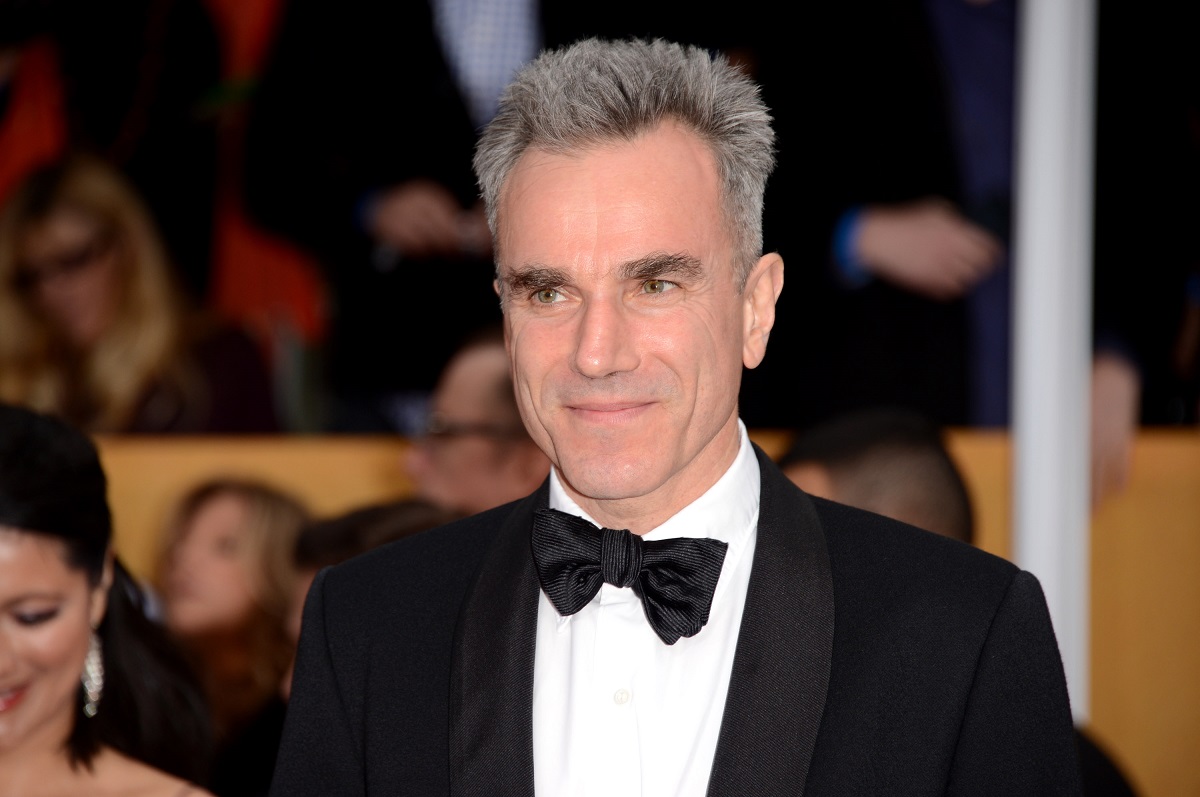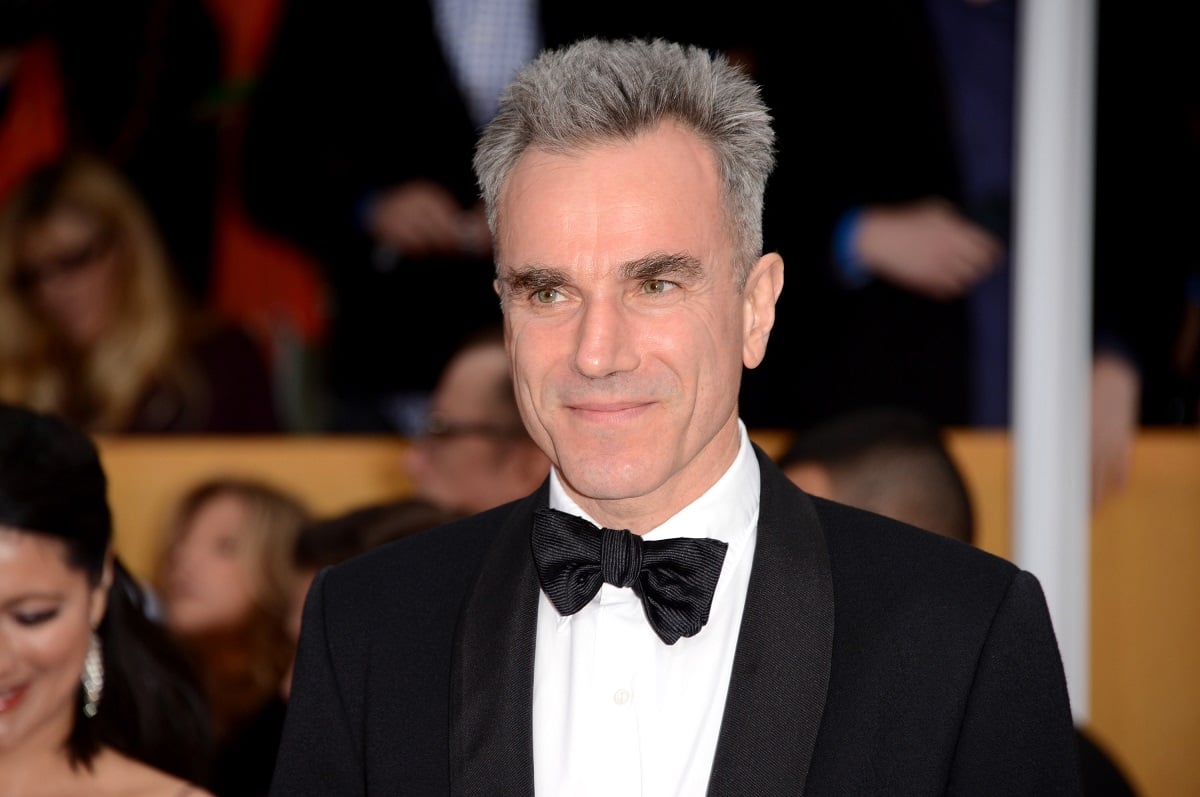
Daniel Day-Lewis’ Method Acting Caused Huge Freak-outs Behind the Scenes of ‘My Left Foot’
Actor Daniel-Day Lewis often goes through great preparations to embody a film role. But there was a moment when his method-acting raised a few concerns about his performance.
Daniel Day-Lewis once shared why he tried to avoid talking about his method acting

Day-Lewis is widely seen as one of cinema’s greatest and most dedicated actors. But what has fascinated many about the actor’s performances has been his method acting. Day-Lewis has been known to live and breathe his characters even when he isn’t filming to do his roles justice.
Phantom Thread, for instance, saw Day-Lewis making dresses from scratch to further understand his onscreen role as a dressmaker. The 2005 movie The Ballad of Jack and Rose saw Day-Lewis playing an isolated environmentalist. Because of this, the actor lived separately from his own real-life family for the role. The stories of Day-Lewis’ method acting often come from co-stars or filmmakers who have worked with him in the past. But Day-Lewis has been reluctant to talk about his method acting himself, which he feels may seem out of touch.
“It all sounds so ponderous and self-important. It’s why I avoid talking about the way I work. But in avoiding it I seem only to have encouraged people to focus their fantasies about me in an ever more fantastical way on the details that are not at all at the centre of the work,” Day-Lewis once told The Guardian.
Day-Lewis isn’t completely against talking about his work, however, and has even opened up about it on several occasions. But the Oscar-winner asserted he would only do so in professional settings.
“It wouldn’t occur to me to talk about my work unless I was in an interview situation. I wouldn’t see the point in trying to describe it in any way,” he added.
Daniel Day-Lewis once caused a freak-out with his method acting in ‘My Left Foot’
My Left Foot was a 1989 biographical drama adapted from the memoir of the same name. The feature starred Day-Lewis as the author Christy Brown, who was paralyzed due to being born with cerebral palsy. Only capable of moving his left foot, Brown would eventually overcome his disability to become an artist. The film received widespread acclaim when it was released, and earned Day-Lewis his first Best Actor Oscar.
The film’s director, Jim Sheridan, once offered a glimpse into the method acting Day-Lewis did for the movie. According to his 2012 interview with Time, Sheridan remembered pushing Day-Lewis on a wheelchair when Day-Lewis had to show up for a read-through. Sheridan shared that Day-Lewis’ co-stars were less than pleased with their lead already showing up in character.
“[The other actors] were shocked,” Sheridan remembered. “Like, ‘What is this, he shows up playing the part fully formed, and we’re sitting here in our everyday clothes?’”
Others behind the scenes also started panicking a bit at the sight of Day-Lewis’ performance.
“The producers were freaking out because they couldn’t understand a word he was saying,” Sheridan said. ”Can we make him more understandable?'”
But Sheridan was a vocal supporter of Day-Lewis’ process, finding it necessary.
“Plenty of people will say it’s facetious to stay in character,” Sheridan continued. “People will say it’s pretentious. But Daniel spent weeks with kids who really had cerebral palsy to research the part. How difficult would it have been to act like them for the camera, then jump back after each take like a jack-in-the-box, like nothing had happened? His decision was, I’m staying in character, and so he became the focus of all worries and discontent on the set, which was all for the good of the movie.”
Daniel Day-Lewis once said he hated acting
Sheridan also once claimed that Day-Lewis himself stated he hated acting. Despite doing so from an early age, and having a deep passion for it, the Gangs of New York star corroborated Sheridan’s claims. But Day-Lewis believed that everyone had a love-hate relationship towards what they were passionate about.
“Who doesn’t hate the thing that they most love? Acting is an impossibly illusive trade to ply, but the prevailing sense I have when I go to work is one of joy. It is always represented as a kind of self-flagellation for me. It couldn’t be further from the truth,” he explained.


